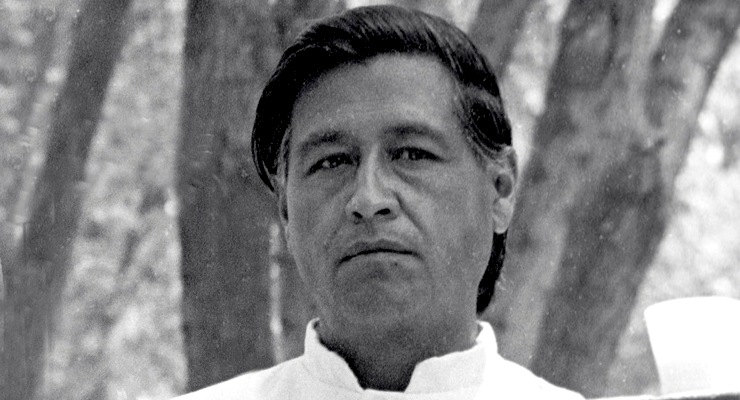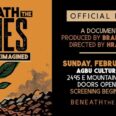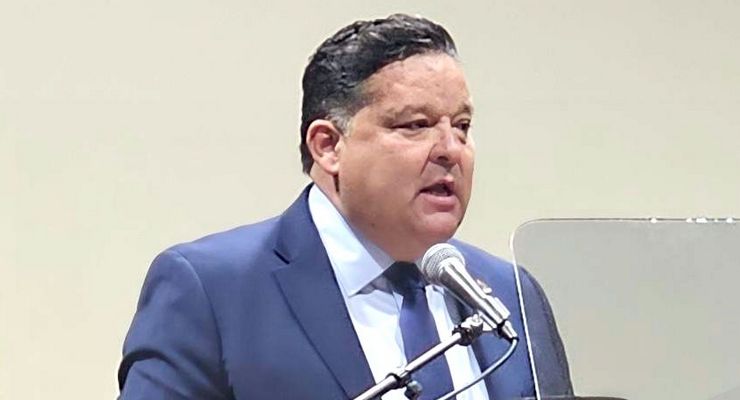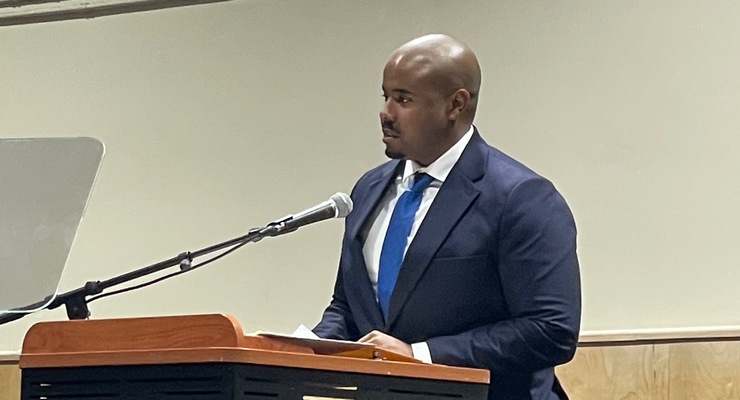
Most state and many County offices will be closed for César Chávez Day on Monday, March 31, but all City of Pasadena departments will be open and ready to serve the public.
Pasadena Unified School District schools will close Monday to honor Chávez. Pasadena City College will also be closed for the holiday.
All banks in Pasadena are open on Monday and all U.S. mail services will be operational. The Pasadena Post Office will open.
In Los Angeles County, all courts, libraries and schools are normally closed for César Chávez Day but Eaton Fire-related recovery services will continue.
César Chávez Day is not among the 11 public holidays each year during which Pasadena suspends all non-essential City services. The full list is on the City’s website.
The state of California has regularly observed César Chávez Day since 2000 by closing schools and state offices even before President Barack Obama proclaimed it as a federal commemorative holiday in 2014.
César Estrada Chávez was born on March 31, 1927, in Yuma, Arizona, where he spent much of his young life living the life of a migrant farm worker with his family. His family later moved to Northern California as farm workers after losing their land in the Great Depression.
Chávez served in the U.S. Navy for two years at the end of World War II, returning to work on farms until 1952, when he became involved with the Community Service Organization, a Latino civil rights group, rising to become its national director by 1958.
In 1962, Chávez became a co-founder of the National Farm Workers’ Association. The group later joined forces with the Agricultural Workers Organizing Committee (AWOC) and together they organized their first strike against grape growers in California’s San Joaquin Valley in 1965. The strike lasted five years and resulted in some grape companies offering their workers a contract.
In 1966, the two unions merged and were eventually renamed the United Farm Workers of America a few years later. Throughout his life, Chávez used nonviolent means to bring attention to the problems of farmworkers, especially migrant farmworkers. For many years, he led marches, boycotts, and hunger strikes.
Chávez died in San Luis, Arizona on April 23, 1993. He was 66 years old.
On August 8, 1994, President Bill Clinton presented the Medal of Freedom posthumously to Chávez. His widow, Helen Fabela, accepted the honor on his behalf.

















